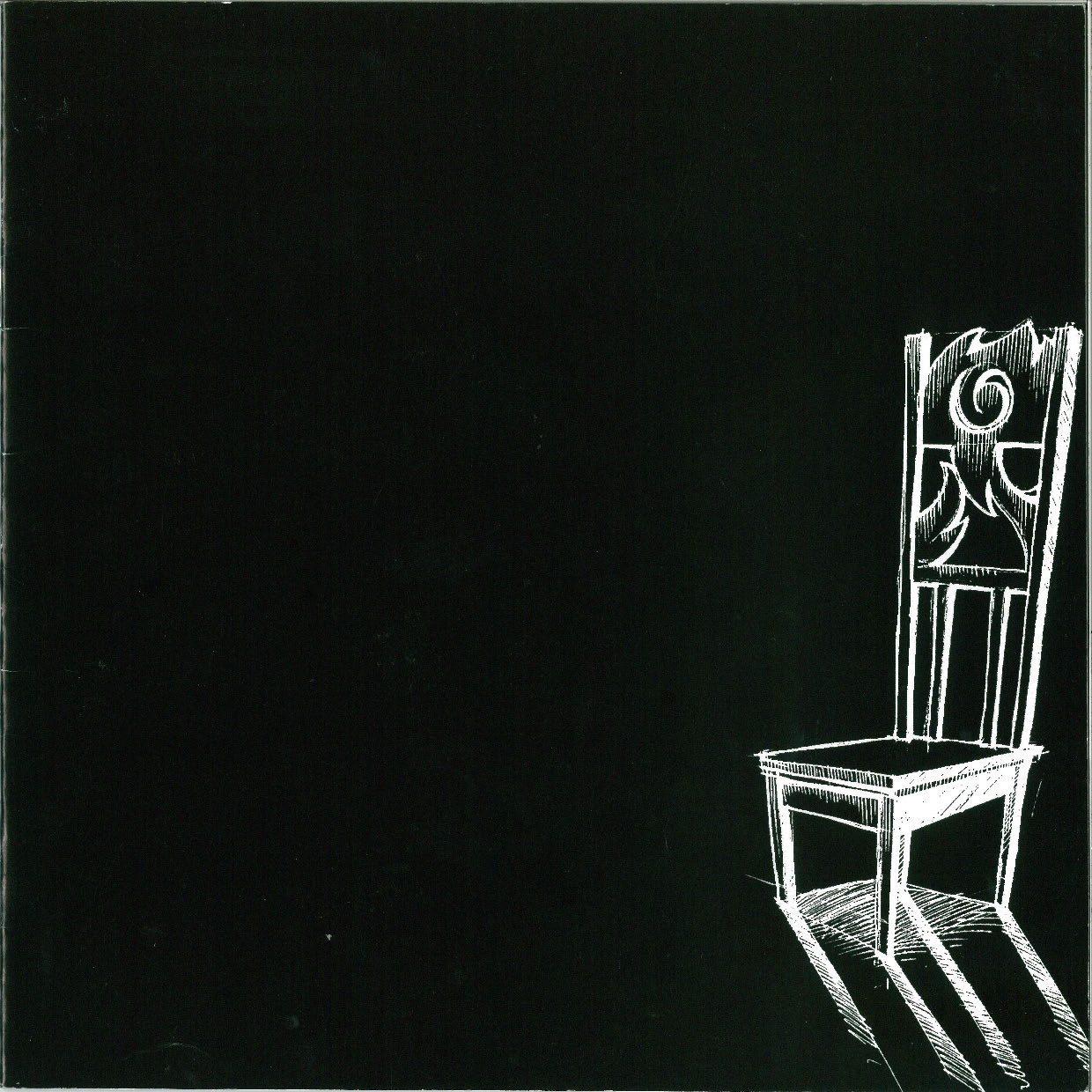Returning from a victorious battle, Macbeth and his fellow kinsman, Banquo, encounter 3 witches, who prophesize that Macbeth will soon be made Thane of Cawdor and eventually King of Scotland, while Banquo’s heirs will be kings.
Already harbouring ambitious thoughts, Macbeth interprets the witches’ prophesy as his destiny, and sends a letter to Lady Macbeth telling her about his encounter with the 3 witches. Together they plan the assassination of the King and succeed. King Duncan’s two sons, Malcolm and Donalbain flee Scotland fearing for their own lives but unfortunately it cast suspicion on themselves. Macbeth is declared the new King.
Plagued by paranoia in the aftermath of the assassination, Macbeth tries to eliminate the Thane of Fife (Macduff) whom he believes is a threat to him. Macduff escapes but his family perishes. Following this, Macbeth has Banquo killed because he was afraid that Banquo, in having knowledge of the witches’ prophesy, may rouse suspicion on Macbeth’s role in King Duncan’s death.
Later, Macbeth is tormented by Banquo’s ghost and seeks to consult with witches again. He is told that the Thane of Fife remains a threat to him.
Meanwhile, Malcom, the rightful heir to the throne, meets with Macduff to engage his help in avenging his father’s death. Macduff agrees since he too wants to avenge his own family’s death. They gather loyal forces, including the younger prince Donalbain, and advance to Dunsinane (site of the King’s catsle). In a dramatic finale, Macbeth is slain and Malcom becomes king.
Macbeth is a story of one man’s moral collapse and dishonour brought about by his ambition and obsession to fulfil by what he believed to be, his destiny. In our highly competitive materialistic world, the themes in this play are relevant, evident and provide food for thought on human nature.
